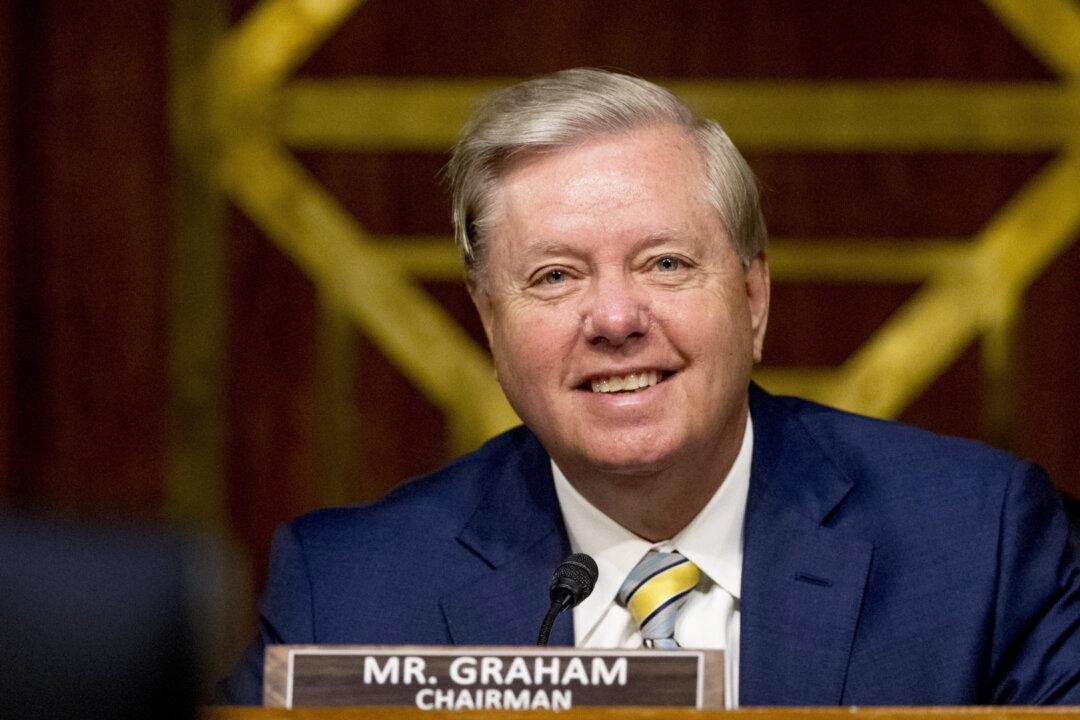The Senate Judiciary Committee authorized its chairman on June 11 to issue subpoenas as part of an inquiry into the FBI’s investigation of the Trump campaign and related matters.
The committee, which voted along party lines, is the second to authorize such subpoenas. Last week, the Senate Homeland Security and Governmental Affairs Committee authorized its chairman to issue subpoenas as part of a separate inquiry into the origins of and issues with the same FBI investigation, which was codenamed Crossfire Hurricane.





